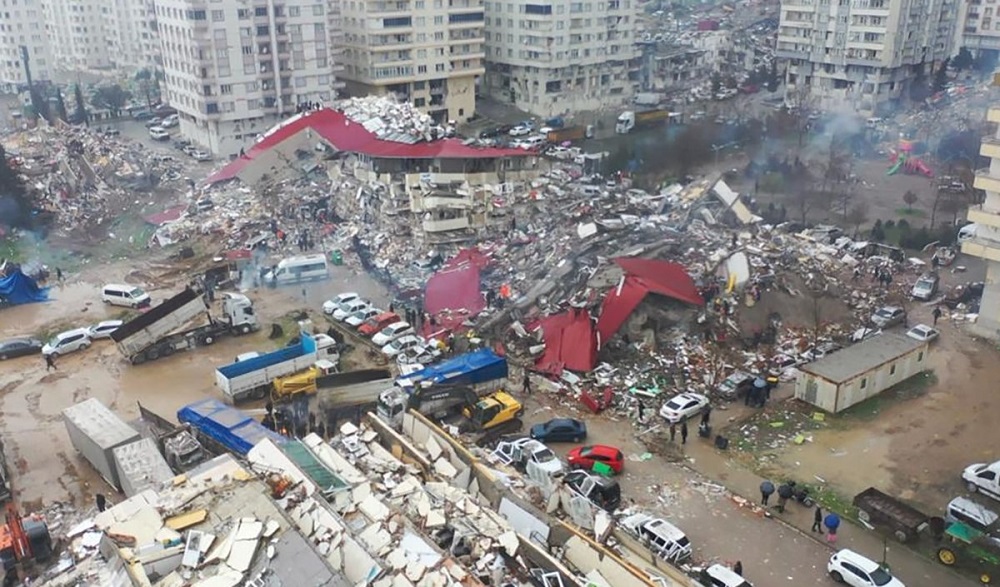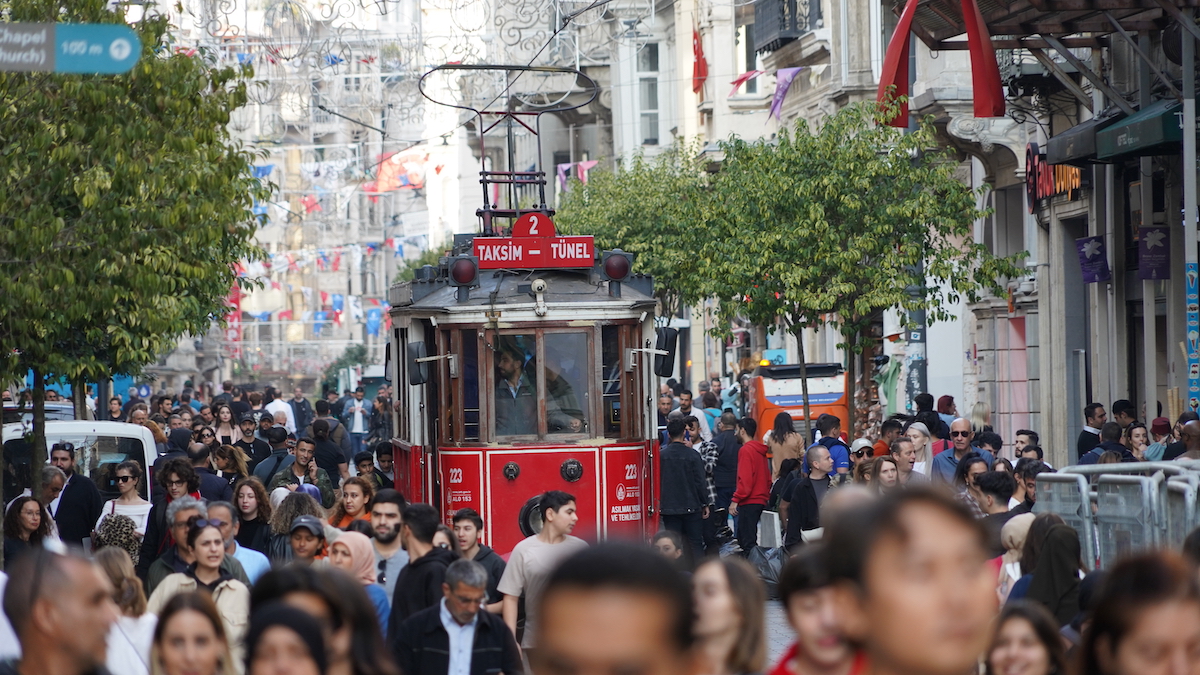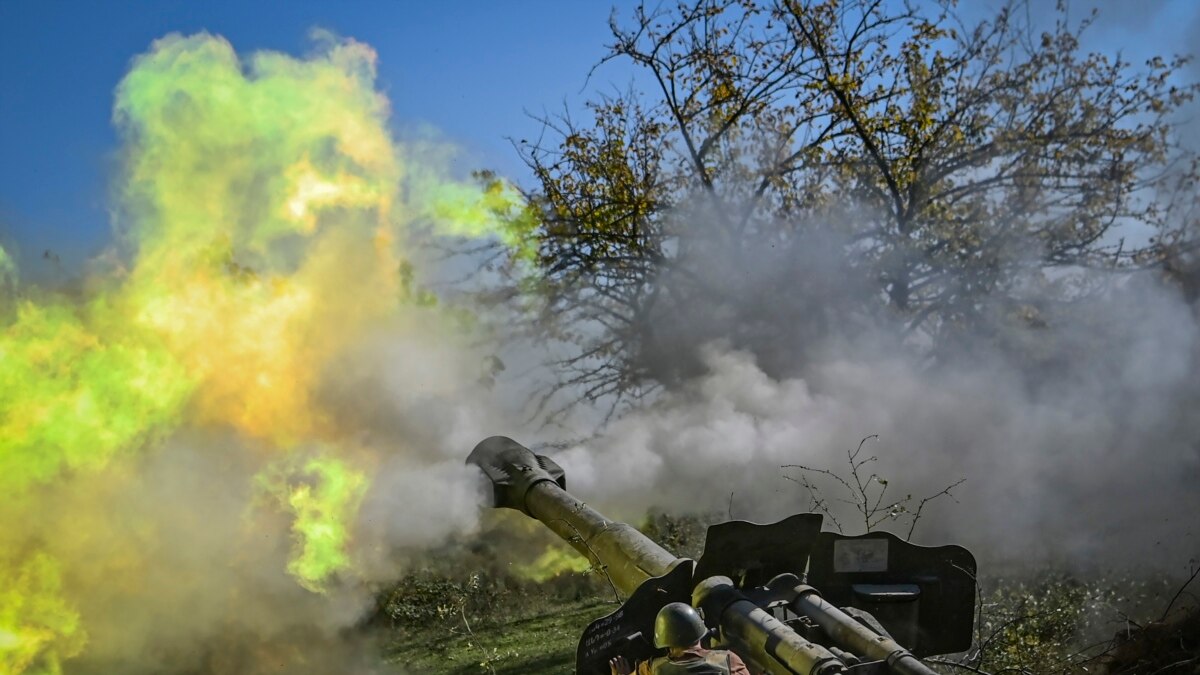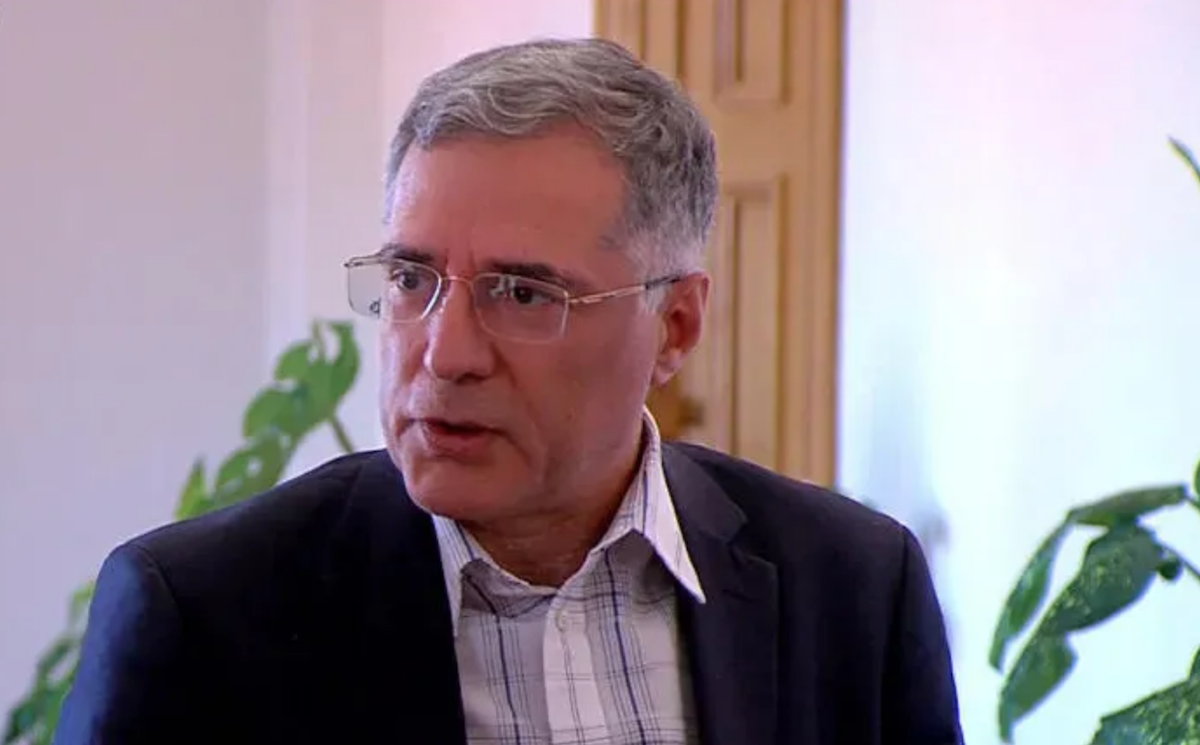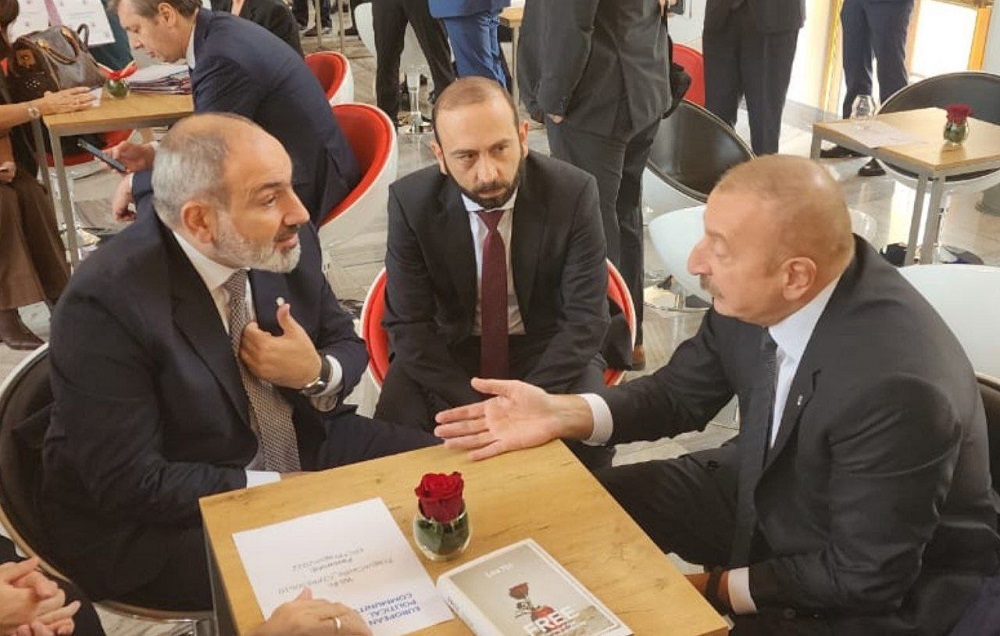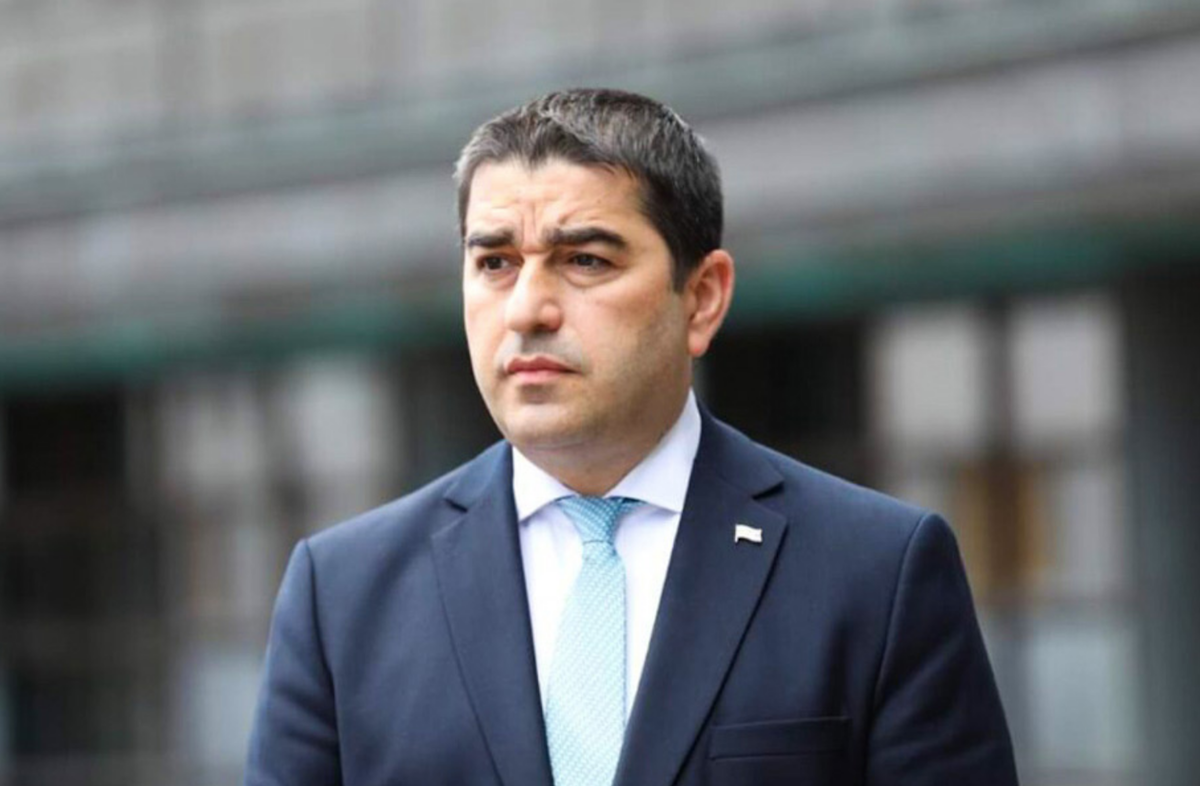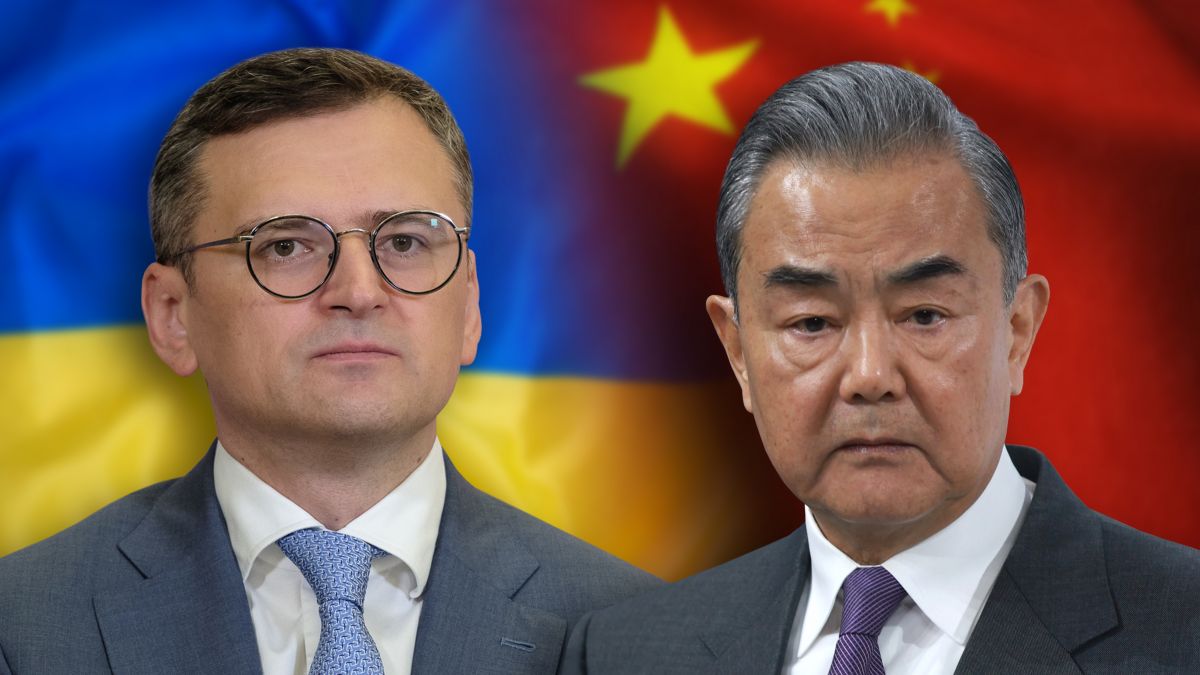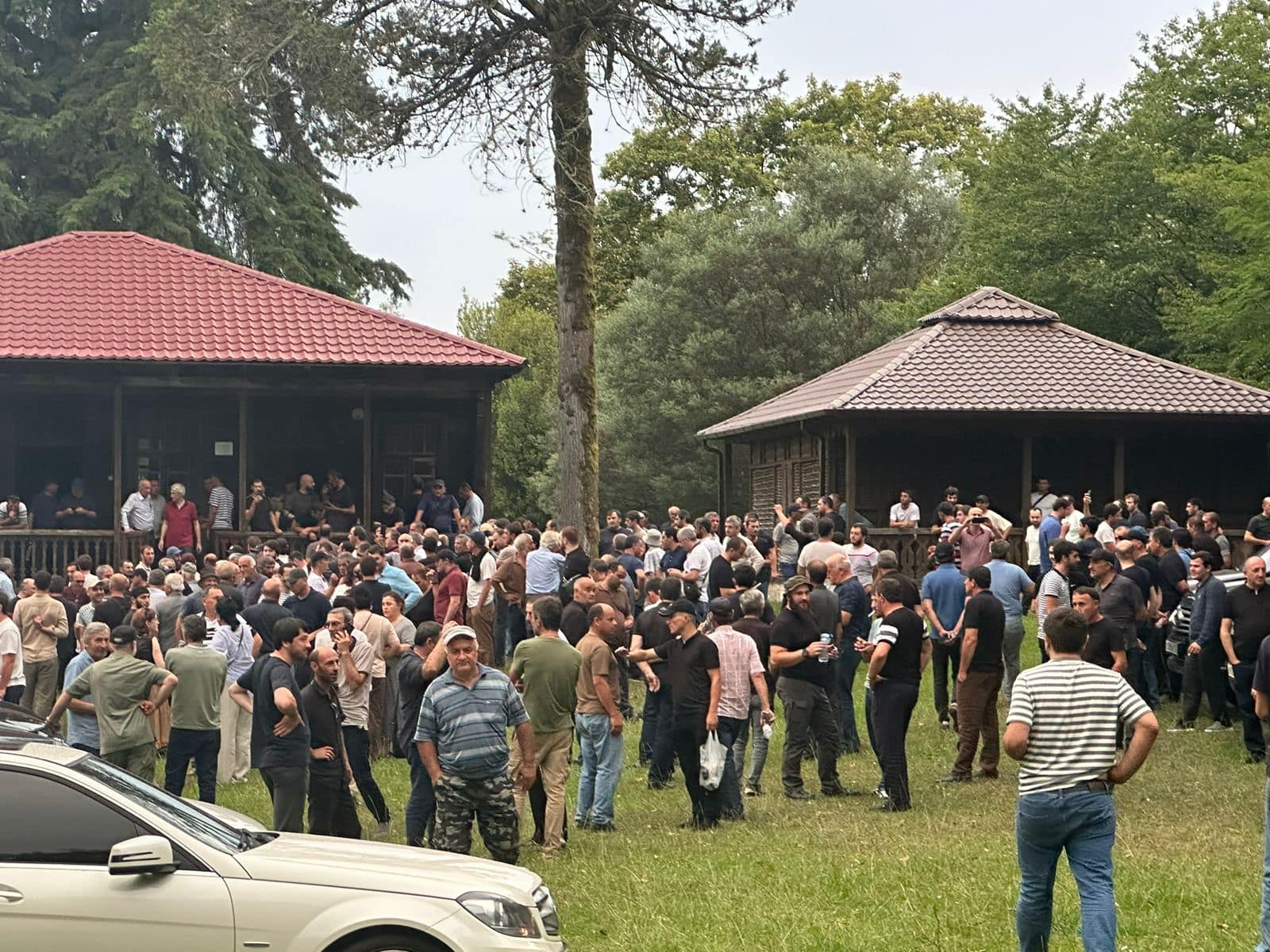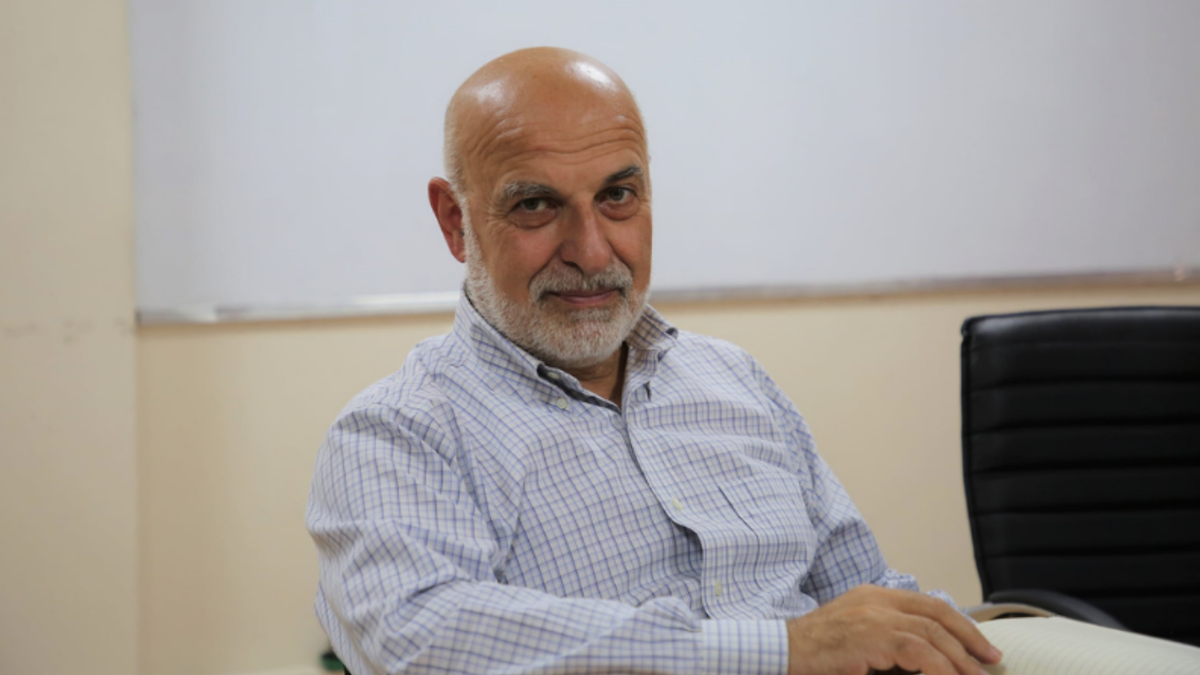How Erdogan Suppresses Free Speech and Intimidates Critics Using 'Disinformation' Law
Disinformation law in turkey
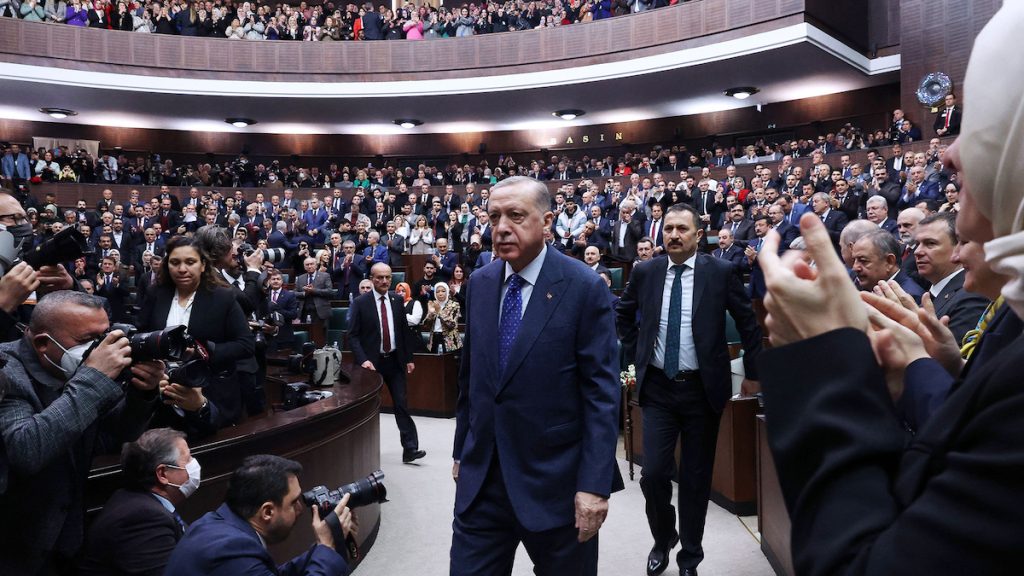
On February 17 Mir Ali Kocer, a Kurdish journalist, was summoned to a police station in the Turkish city of Diyarbakir. Kocer had been covering the aftermath of the earthquakes that devastated so much of the city, along with a huge swathe of the wider region, earlier that month. The police accused him of spreading disinformation in his reporting.
Almost two months later, Kocer is still being investigated and does not know if he will be sent to trial under a controversial law, the so-called disinformation law, which criminalizes the spreading of false or misleading information. If convicted, Kocer could face a prison sentence of up to three years, JAMnews partner Coda says.
Critics say the disinformation law, passed in October 2022, is the latest example of the gradual dismantling of democratic freedoms in Turkey under President Recep Tayyip Erdogan, who has run the country for over two decades now.
As Turkey approaches its presidential election on May 14, the disinformation law, which was used to silence journalists in the aftermath of the earthquakes, casts a shadow over free speech in what some Turkish people see as the most important election in the Republic’s 100-year history.
On election day, the state will use the law to suppress the reporting of what is happening at polling stations and justify detentions and arrests, said Baris Altintas, the co-director of the Media and Law Studies Association, a non-profit organization which offers legal assistance to journalists in Turkey. The Turkish government might also initiate internet shutdowns, website blockings and bans on Twitter accounts, she told me.
One of the most controversial changes under the disinformation law was an amendment to the Turkish criminal code called Article 217. It states that people can be imprisoned for up to three years for disseminating false information related to the country’s domestic and foreign security. The law specifies that the false information has to be related to the “internal and external security, public order and general health of the country” to be considered a crime.
What this means in practice is unclear — which may be the point.
“Such wording, within the Turkish context can refer to anything and everything and often concepts such as external security and/or national security as well as public order are taken lightly,” said Yaman Akdeniz, a professor of law at Istanbul Bilgi University.
The law states that disinformation must be distributed in a way that disturbs public peace, with the motive of creating concern, fear and panic among the public. But, Akdeniz explains, it does not define anxiety, fear or panic, leaving its interpretation up to public prosecutors who consider whether to bring forward a case, as well as the criminal courts if an indictment is issued.
Turkey has low levels of judicial independence, with most judges appointed by the president and the parliament, which is dominated by Erdogan’s party, the AKP, and its coalition of allied parties.
Unpublished research by the Media and Law Studies Association shows that six journalists were detained under Article 217 for their work covering the aftermath of the earthquakes. According to the Committee to Protect Journalists, only Iran, China and Myanmar currently jail more journalists than Turkey.
The earthquakes, which killed more than 45,000 people in Turkey alone and destroyed around 214,000 buildings, have put the AKP under immense pressure in the lead up to the elections. The party has been accused of undermining construction safeguards, thus worsening the impact of the earthquakes. It has also been criticized for overseeing a chaotic response to the disaster, fueling widespread anger against what many see as a corrupt government.
In response, the government has described its critics as “provocateurs” and shut down access to social media sites, including homegrown sites, on some service providers, all while people were using these platforms to search for survivors.
Two journalists arrested in February, Ali and Ibrahim Imat, were reportedly only released on Friday, having spent weeks awaiting trial for allegedly spreading fake news. The brothers had raised allegations that the Turkish authorities in Osmaniye were withholding tents from people made homeless by the earthquakes.
On at least two occasions, when reporting from the earthquake-affected region, Mir Ali Kocer said he was confronted by police officers in order to stop him from filming. One incident was caught on camera. This was something several journalists have reported experiencing.
When he was summoned to the police station, the policemen told Kocer he was being investigated for spreading disinformation for comments he had posted on social media. According to Kocer the posts that the police showed him included one in which he said he could smell dead bodies.
Kocer told me he was simply sharing information, obtained from survivors of the earthquakes or local officials and the police, which the government refused to share. He said his posts are usually supported with a photo, a video or an interview with someone. Kocer, who refers to the disinformation law as the “censorship law,” believes the police were just trying to intimidate him. But, he told me, he will continue to be a journalist even if he is forced to report from inside a prison.
Prior to the disinformation law, the state already had a wide range of legal tools available to target critical voices, including an anti-terrorism law that has forced dozens of journalists and dissidents to flee while many others have been imprisoned.
Another law, forbidding people to insult the president, led to 33,973 prosecutions in 2021 alone. Schoolchildren and a former Miss Turkey, the 2006 winner of a national beauty pageant, have been prosecuted under the law. In 2016, a man was sentenced to a year in prison for posting images on Facebook comparing Erdogan to the Lord of the Rings character Gollum.
Often, the anti-terrorism law is used against journalists who make accusations against judges or police officials tasked with combating terrorism, says Ozgur Ogret, the Turkey representative for the Committee to Protect Journalists. In cases where this charge does not stick, the disinformation law gives the state another way to target the same journalists and imprison them for doing the thing that is, by definition, their job — spreading information.
In December 2022, Sinan Aygul became the first journalist to be arrested under the disinformation law, after he posted a tweet accusing police officers and soldiers of sexually abusing a child. He later retracted the story for inaccuracies.
Aygul could have been charged by the police for making targets of those who are tasked to combat terrorism, said Ogret. But instead the state decided to use the disinformation law.
The impact of the law extends beyond journalists. Hundreds of people had legal proceedings initiated against them and dozens were detained for spreading “provocative” posts on social media in the wake of the earthquakes. It is unclear at this stage how many of these people were held under Article 217, but it is likely that a lot of them were detained using the law, said Altintas, the director of the Media and Law Studies Association.
Article 217 poses a bigger threat to NGOs, academics and ordinary citizens than journalists, who are more seasoned in dealing with the state and have been targeted for years using a mixture of laws, Altintas told me. Now the disinformation law means anything anyone tweets or says can be used against them.
The disinformation law also imposes heavy sanctions, including six-month bans on advertising, on social media platforms that fail to comply with content removal requests from prosecutors or the courts. These same companies are also obliged to provide user data, when requested, in relation to specific crimes, including when people are accused of disseminating fake news.
The authorities can limit access to social media platforms by slowing down the speed of the service for non-compliance with these requests. The platforms have been put in a further bind as they are now required to set up subsidiaries in Turkey, making them more criminally, administratively and financially liable. “The disinformation law forces social media platforms to be complicit in the state’s censorship regime,” said Suay Boulougouris, a program officer at Article 19, an international human rights organization that promotes freedom of expression.
The opposition in Turkey, after years of elections riddled with fraud, have become highly organized in election monitoring, in which social media plays a vital role, allowing citizens to share information on irregularities, including ballot stuffing, violence and the deliberate miscounting of votes. The new disinformation law makes it easier for the government to remove content en masse or to clamp down on the social media sites themselves — a real possibility, says Bolougouris, as Erdogan, who is lagging behind the opposition in the polls, scrambles to find a way to secure his presidency.
“The implications of these amendments go beyond Turkey,” she told me. “Because if Turkey is able to implement these amendments without a strong pushback from platforms, for example, it will set a dangerous precedent and it will have implications for the open functioning of social media around the world.”
Turkish government officials have over the years been keen to draw parallels between Turkey’s internet laws and a law in Germany, referred to as NetzDG. The German law has been heavily criticized for requiring social media companies to comply with content takedown requests from German authorities. But Boulougouris disagrees with the comparison, saying that the operating environment in Turkey, with its weaker institutions and judiciary, is totally different from Germany.
As the election approaches, the opposition is looking more unified, with six parties backing one candidate, Kemal Kilicdaroglu. The opposition have rallied around pledges to implement constitutional changes that roll back presidential powers, crack down on corruption and give state media organizations back their independence and impartiality.
But Yaman Akdeniz, the law professor, cautions against being overly optimistic that these changes will be implemented if the opposition wins. Turkey has a long history of censorship, he told me, “don’t expect this to be a smooth process.”
Disinformation law in turkey










